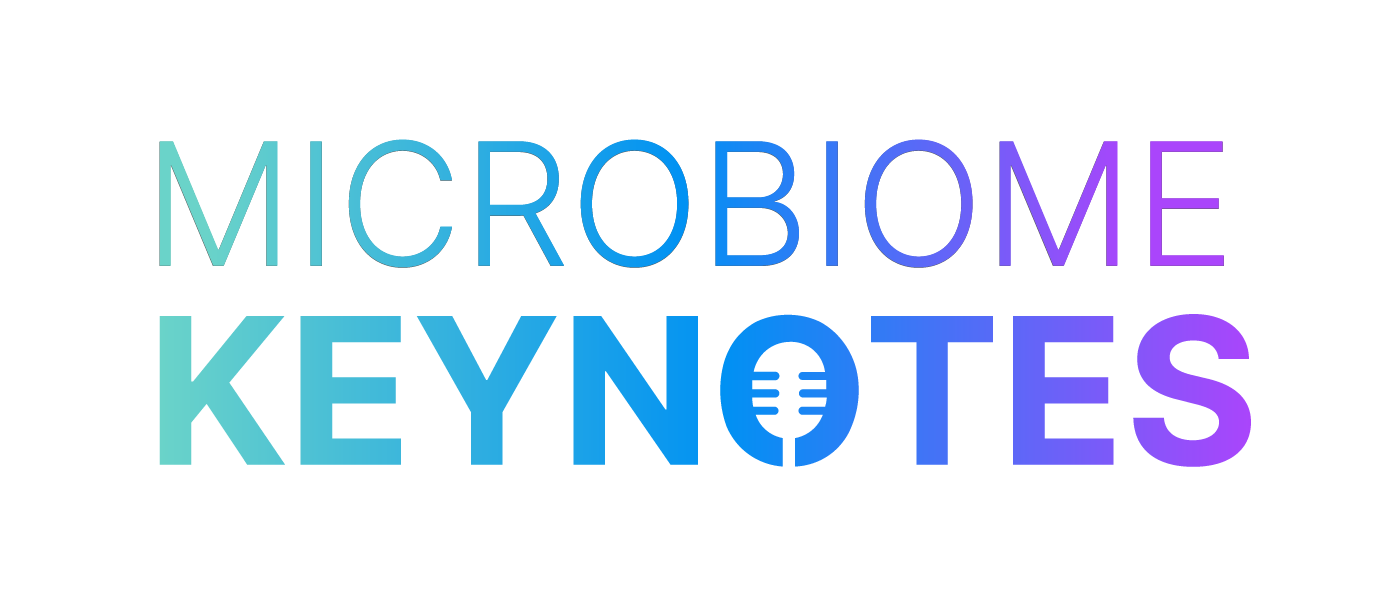
Microbiome Keynotes Symposium
Speakers
Anna Cabeca, DO, FACOG
Vaginal Health, Intimacy and Microbiome
-
Understand the importance of Vulvo-Vaginal health, the vaginal microbiome and be able to integrate options in therapeutic interventions.
Discuss restorative vaginal treatment options, both hormonal and non-hormonal
Gut and the Sexual – health connection
Nutrition fundamentals for sexual health Sexual health is about more than sex
3 steps to improving vaginal health
Mark Houston, MD, MS, MS, ABAARM, FACP, FAHA, FASH, FACN, FAARM
The Microbiome and Coronary Heart Disease(CHD)
-
Review to pathophysiology of CHD
Discuss the role of the microbiome in CHD and Heart Attack
Determine the best treatment with pre and probiotics
Chris Turnpaugh, DC, DACNB, AMFCP
Evolution of Testing & Recognition of Immune Shifts in Tick Borne Disease
-
· Understanding testing for TBD - direct/indirect
Understanding the mechanisms to balance out the immune shifts (including the microbiome!) in TBD patients
Dushyant Viswanathan, MD
Enteroimmunology & Endocrinology: Understanding how to reverse chronic disease at the root source
-
Learn 3 immunologic mechanisms by which megasporebiotic is clinically beneficial
Learn about how to balance the microbiome
Learn about root cause of autoimmune disease
Learn about the root cause of allergic disease
Elisa Song, MD
Beyond Genes: Rewriting Our Children’s Epigenetic Futures Through Their Microbiome
-
Describe the foundational principles of epigenetics and the role of the gut microbiome as a dynamic epigenetic regulator across pediatric development.
Recognize the critical windows of vulnerability and opportunity in microbiome-epigenetic modulation - particularly during the first 1000 days of life- and their implications for long-term child health.
Identify modifiable prenatal, perinatal, and early-life environmental factors that influence the infant microbiome and associated epigenetic outcomes.
Summarize evidence-based dietary and lifestyle interventions that support microbiome health and optimize epigenetic health in children and adolescents.
Apply integrative, family-centered clinical strategies to prevent or mitigate microbiome disruption and support lifelong resilience.
Haroldo Magarinos, ND
Silent Disruptors: The Hidden Impact of Environmental Toxins on the Microbiome and Disease
-
Define xenobiotics and understand their common sources, including pesticides, pharmaceuticals, and industrial pollutants.
Examine the effects of xenobiotics on gut microbiome diversity, composition, and function.
Identify the mechanisms by which xenobiotics contribute to chronic inflammation, metabolic dysfunction, and immune suppression.
Discuss detoxification pathways and the role of the gut-liver axis in processing and eliminating xenobiotics.
Explore strategies to mitigate xenobiotic damage through diet, lifestyle, and microbiome-supportive interventions.
Christine Maren, DO
The Gut-Hormone Connection in Perimenopause: Optimizing Clinical Outcomes Through the Gut Microbiome
-
The bidirectional relationship between the gut microbiome and hormonal health.
The role of the microbiome and estrobolome in hormone metabolism.
That changing hormones during perimenopause influences the composition of the gut microbiome.
The clinical significance of gut dysbiosis and its impact on systemic inflammation, mood, metabolism, immune and hormonal balance.
A treatment framework to support microbiome diversity, improve gut barrier integrity, and optimize hormone metabolism in perimenopause.
How lifestyle, nutrition and HRT can enhance microbiome resilience and address common perimenopausal symptoms.







